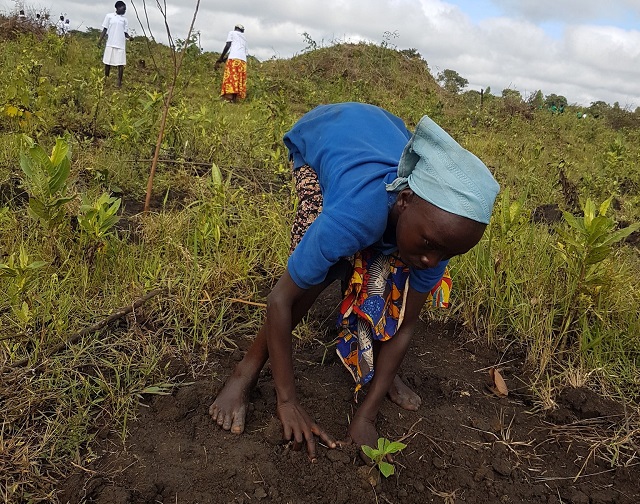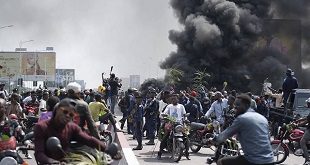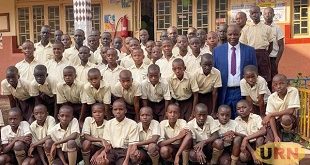
Kole, Uganda | THE INDEPENDENT | Residents of Kole district have embarked on a door-to-door campaign to lobby every member of the village to incorporate tree planting in their farming activities in order to mitigate the effects of climate change.
According to Global Forestry Watch, between 2001 to 2021, Kole district lost 334 hectares of tree cover to agricultural activities as well as tree cutting for making charcoal as a source of income for the community. However, the vast effects of climate change such as the prolonged dry spell have continued to result in low crop yields.
Now, the residents who call themselves “Change Agents” have started advocating for tree planting by every member of their community without enforcement from other development partners or even district authorities.
In the campaign, every village member is encouraged to plant at least an acre of any type of tree he or she wishes to plant with a donation of over 14,000 seeds from Kizani forestry company. The campaign has picked up in Alito town council and Okwerodot sub-county.
In Amiabil village in Alito, community members have planted 4 acres of trees distributed on different plots. Patrick Omodo, another resident of the area believes that from the trees they have so far planted, they will have enough for charcoal and timber as well as controlling climate change.
Peter Okello Awongo, a resident of Okwerodot who was a renowned charcoal dealer in his village is now a change agent with 3 acres of trees. He together with other members raised their own planting materials in the nursery before transplanting them to their gardens. Most of the trees now measure 1 meter tall.
Okello is hoping to use his trees as collateral for a bank loan he wants to pick for other investments.
The locals now want other development partners to help in upscaling the project by providing more seedlings for planting.
Vicky Akello, a change Agent in Okwerodot Town council whose efforts to plant trees have been frustrated by small land, says that they have resorted to planting vegetables to boost food security as well as economic transformation.
Over the years, locals would invest their energy in growing mostly oil seed crops such as sunflower, soya beans, ‘simsim’, or sesame seeds by clearly virgin lands and completely destroying the available trees with the hope of having a bumper harvest.
*****
URN
 The Independent Uganda: You get the Truth we Pay the Price
The Independent Uganda: You get the Truth we Pay the Price


